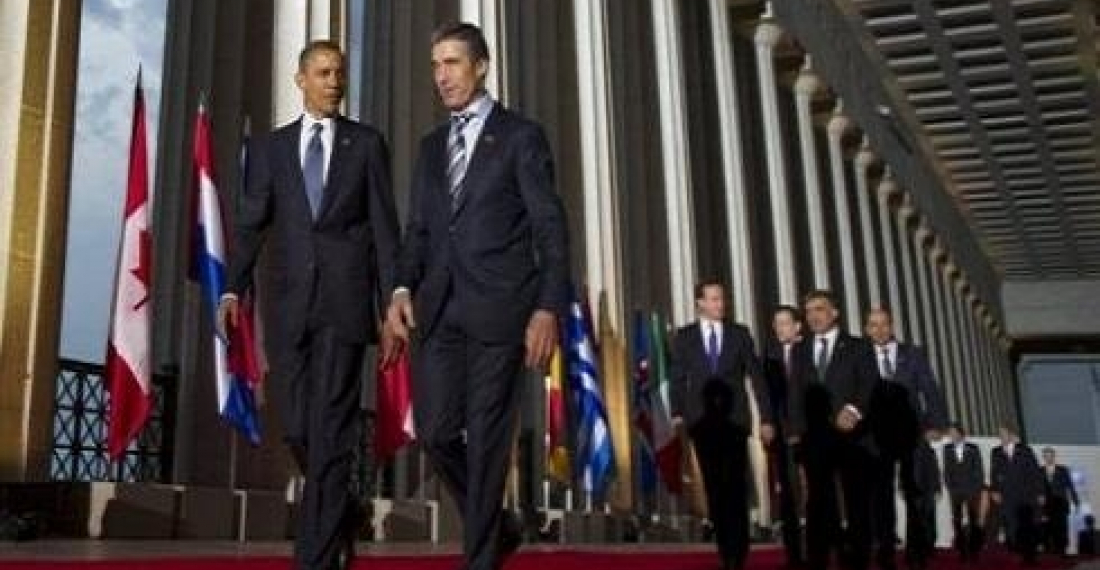NATO leaders declared that the Alliance now has an interim ballistic missile defence capability at their summit in Chicago on 21 May, marking the first step in the development of a NATO missile-defence system.
At the last NATO summit, in Lisbon in November 2010, Alliance leaders agreed that NATO will develop a missile defence capability to pursue its core task of collective defence.
"In Lisbon, we agreed to create a NATO missile defence system. Today, in Chicago, we have declared that a reality," NATO Secretary General Anders Fogh Rasmussen said.
The Interim Capability features a basic command and control capability which has been tested and installed at Headquarters Alliance Air Command in Ramstein, Germany. Allies will provide sensors and interceptors to connect to the system.
NATO's long-term goal is to provide full coverage and protection for all NATO European populations, territory and forces against the increasing threats posed by the proliferation of ballistic missiles.
The issue has created new tensions between Russia and western countries. However NATO Secretary General Anders Fogh Rasmussen has stated that NATO will carry on dialogue with Russia on ABM, despite differerences.
photo: President Obama and other NATO leaders on their way to the opening of the NATO summit in chicago on 21 May 2012







